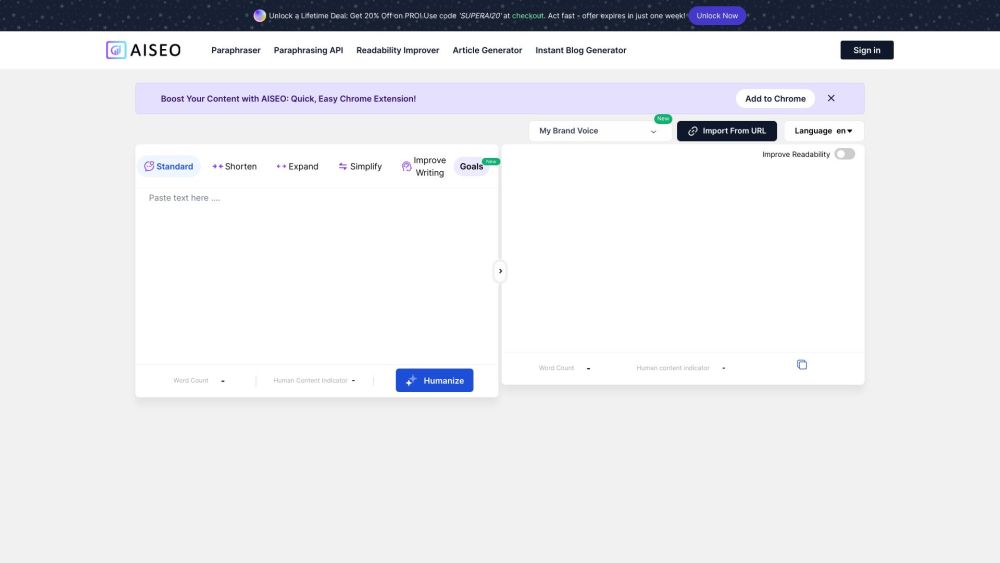Voice recognition technology is increasingly becoming a part of daily life, yet a significant gap persists: speakers of minority languages and individuals with strong accents or speech disorders, such as stuttering, often struggle to effectively utilize these tools for tasks like application control and transcription. Tobi Olatunji, founder and CEO of Intron Health, a clinical speech-recognition startup, aims to close this gap. He asserts that Intron boasts Africa's largest clinical speech database, featuring an algorithm trained on 3.5 million audio clips (16,000 hours) from over 18,000 contributors across 29 countries, capturing 288 accents primarily from healthcare workers.
Olatunji highlights that their extensive training on African accents allows them to deliver a performance level far superior to existing services. The startup is optimistic about rolling out its model in Ghana, Uganda, and South Africa, citing surging data from those regions.
Olatunji's journey into health tech is influenced by two key experiences. Initially, he practiced as a medical doctor in Nigeria, where he witnessed firsthand the inefficiencies plaguing healthcare systems, particularly the overabundance of paperwork and the challenges of keeping it organized. “As a doctor in Nigeria, I found repetitive tasks frustrating,” Olatunji shared. “For instance, I had to write a patient's name on every lab order, which seemed tedious. I constantly questioned how we could improve processes and free up doctors to focus on more valuable tasks.”
These inquiries laid the groundwork for his future endeavors. Olatunji relocated to the U.S. to earn a master’s degree in medical informatics from the University of San Francisco, followed by a degree in computer science from Georgia Tech. He gained valuable experience at several tech firms, working as a clinical natural language processing (NLP) scientist at Enlitic, where he created models to automate data extraction from radiology reports. He also served as a machine learning scientist at Amazon Web Services, honing his focus on enhancing healthcare systems through NLP.
Throughout his career, Olatunji developed ideas on how U.S. innovations could potentially enhance healthcare in Nigeria and similar emerging markets. In 2020, he launched Intron Health with the goal of digitizing hospital operations in Africa via an electronic medical record (EMR) system. However, he quickly discovered that physicians preferred handwritten notes over typed entries.
This led him to delve deeper into overcoming this more fundamental challenge: enhancing physicians' data entry processes. Initially, the company sought third-party solutions to streamline tasks such as note-taking and embedding existing speech-to-text technologies into its EMR software. Yet, persistent mis-transcriptions highlighted the difficulties faced with foreign transcription tools, particularly due to the heavy accents and complex pronunciation of medical terminology in Africa.
This realization catalyzed the development of Intron Health’s speech-recognition technology, designed to accurately recognize African accents and seamlessly integrate with current EMR systems. To date, the tool has been implemented in 30 hospitals across five markets, including Kenya and Nigeria.
The results have been promising. Olatunji shared that Intron Health reduced radiology wait times at one of West Africa's largest hospitals from 48 hours to just 20 minutes. Such improvements are vital in a region with a particularly low doctor-to-patient ratio. “Hospitals have already invested significantly in technology; therefore, ensuring they maximize its use is crucial,” he noted. “We aim to add value by enhancing the adoption of EMR systems.”
Looking to the future, Intron Health is exploring growth opportunities following a $1.6 million pre-seed funding round led by Microtraction, with contributions from Plug and Play Ventures, Jaza Rift Ventures, Octopus Ventures, Africa Health Ventures, OpenseedVC, Pi Campus, Alumni Angel, BakerBridge Capital, and numerous angels.
In terms of technology development, Intron Health is dedicated to refining noise cancellation functionalities, ensuring robust platform performance even under low bandwidth conditions, and enabling the transcription of multi-speaker conversations while integrating text-to-speech capabilities. Olatunji also envisions incorporating intelligent systems to support physicians with tasks such as prescription and lab test decision-making, which could reduce errors, improve patient care, and streamline workflows.
Intron Health is part of an expanding wave of generative AI startups in the healthcare sector, similar to Microsoft’s DAX Express, which accelerates administrative tasks by generating clinical notes in seconds. The burgeoning adoption of these technologies coincides with projections that the global voice and speech recognition market will reach a valuation of $84.97 billion by 2032, with a CAGR of 23.7% from 2024, according to Fortune Business Insights.
Beyond developing voice-recognition technologies, Intron is also making strides in speech research across Africa. The company has partnered with Google Research, the Bill & Melinda Gates Foundation, and Digital Square at PATH to assess popular large language models (LLMs) such as OpenAI’s GPT-4o, Google’s Gemini, and Anthropic’s Claude across 15 countries, identifying strengths and potential biases. This initiative aims to ensure culturally relevant models are accessible for clinics and hospitals throughout Africa.




